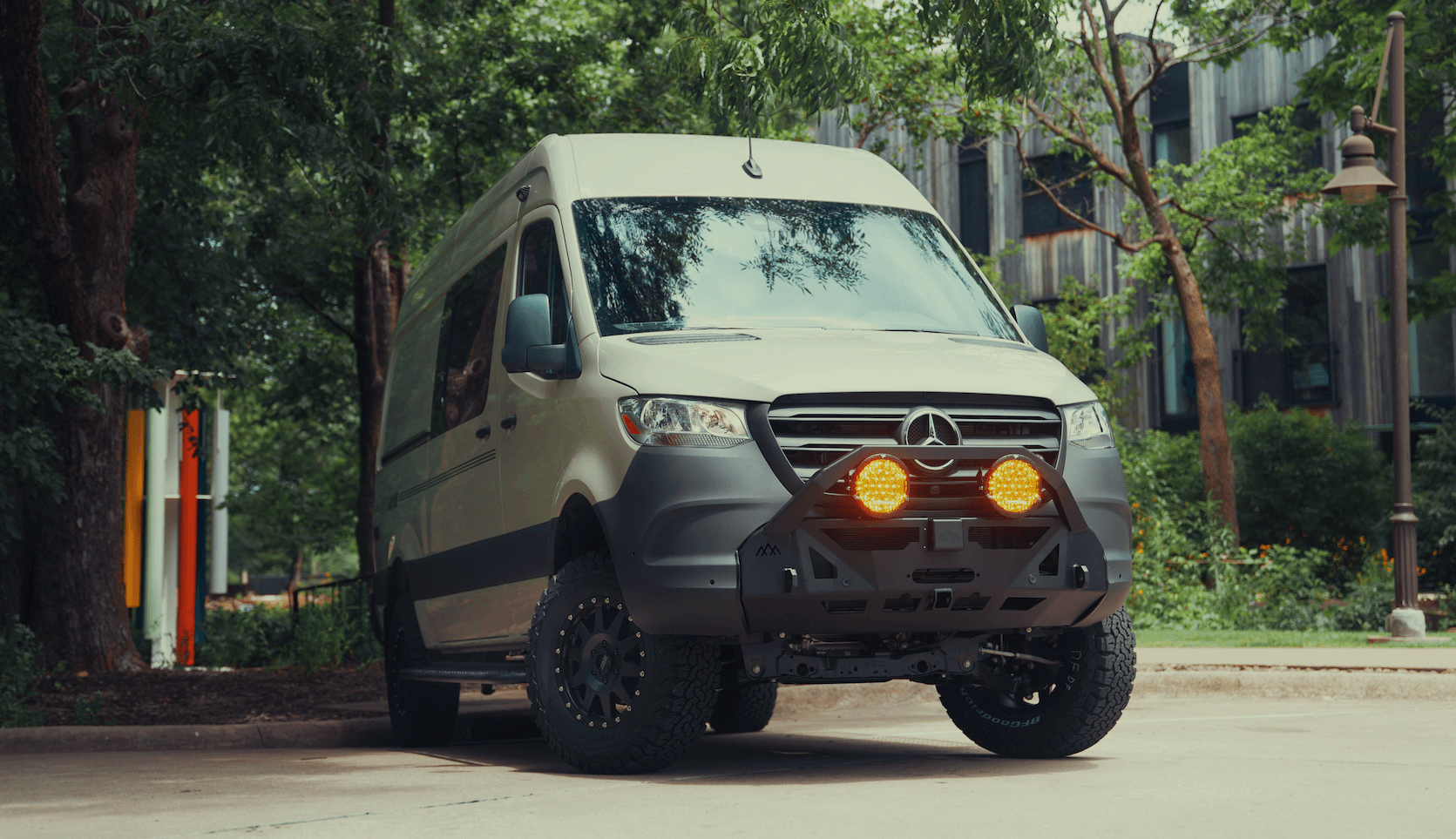Recreational Vans

A converted van combines compact architecture with systems that support daily life. Think of it as a house van or van house scaled to the footprint of a cargo platform. The core decisions cover insulation, heat and cooling, power, water, storage, and safety. A thoughtful tiny home van conversion places all of that within reach and keeps weight balanced for stable handling. When done well, a renovated van feels quiet, efficient, and simple to maintain.
Start with movement. Beds that flip, lift, or slide free up daytime space. A tiny house van conversion often pairs a fixed bed with under bed storage for bulky gear or a convertible bed that becomes a lounge. Galley placement affects airflow and cooking comfort. Many tiny house sprinter van builds use a rear bed for sleeping and a central galley for balance, but front lounge arrangements can create a more social feel. The right layout depends on how you cook, sleep, and work.
Insulation keeps temperatures stable and dampens road noise. Closed cell foam, wool, and rigid board are popular choices. Vapor management matters, so combine insulation with a continuous air barrier and proper ventilation. Durable wall and cabinet materials resist vibration and moisture. A renovated van that uses light, strong composites will save weight and improve range and ride quality.
Every van house must stay within gross vehicle weight rating and axle limits. Electrical gear should be fused correctly and mounted securely. Propane appliances need proper ventilation and leak detection, while induction setups require adequate inverter capacity. Insurance carriers may ask for photos and component lists, especially for vans you can live in full time. Keep documentation so coverage and resale are straightforward.
If you are shopping vans converted into homes for sale, look past the paint and check the bones. Rust, water intrusion, and soft spots around roof penetrations are red flags. Ask for schematics of the electrical system and battery specs. An off grid camper for sale should disclose battery chemistry, amp hours, charge sources, and inverter rating. Test every switch and pump, and drive on highways and side streets to listen for rattles or tire noise that hint at weight or suspension issues.
Budget for the platform and the systems. A tiny home van for sale with high capacity lithium, solar, and a heated water system will cost more but can enable longer stays away from hookups. A tiny house van that favors simplicity may be lighter and easier to service, which can be a smart choice for minimalists. Home conversions for sale vary widely in craftsmanship, so consider an independent inspection to validate structure and wiring.
Financing and resale value often track brand reputation, safety, and serviceability. Buyers favor clean electrical installs with labeled circuits, quality cabinetry hardware, and name brand components. Documentation of service, receipts, and photos of the build process help confirm quality and support pricing.
An off grid camper van balances energy demand and charging options. Solar provides steady daylight charging, while a smart alternator charger refills quickly while you drive. Many owners pair solar with a lithium bank for deep cycles and fast charging, and add shore power for flexible travel. Induction cooking is quiet and avoids combustion inside, but it increases inverter demand. Propane can be efficient for heat or cooking, provided ventilation and detection are handled correctly.
Water planning matters as much as power. A tiny home van that carries fresh and gray tanks with freeze protection extends your season. Compact hot water solutions and outdoor shower quick connects keep the interior clean. Ventilation through roof fans and window vents controls moisture and protects insulation. Thoughtful storage for tools, spares, and recovery gear helps keep the cabin organized on rough roads.
If you prefer a proven platform, a tiny house sprinter van offers tall standing height and wide aftermarket support. Transit and Promaster platforms shine for different reasons, including interior width and parts availability. Whatever the chassis, match tire load ratings, suspension upgrades, and braking performance to the final weight.
You now have a clear map for choosing a converted van or tiny home van, whether you are evaluating a tiny home van for sale or planning a ground up build. When you are ready to move from ideas to a reliable rig, a seasoned recreational van builder can turn requirements into a cohesive plan with accurate weights, balanced systems, and clean fit and finish.
OZK Customs designs and builds road tested vans in Fayetteville Arkansas with an emphasis on quiet cabins, serviceable power, and real world storage. Explore options, compare platforms that may qualify for financing, and see what a complete custom build includes.
Strong starts begin with a clear brief. Tell our team your travel style, season, passenger count, and must haves. We will outline the right systems and cabinetry for your route and deliver a rig that is simple to use and easy to maintain.
Ready to design a dependable off grid camper van built around your life, not a template. Tell us how you travel and what you need. Our Fayetteville Arkansas team will turn your vision into a road proven rig. Share a few details and we will map your build, timeline, and budget with clarity.
ADDRESS:
6159 E Huntsville Rd, Fayetteville, AR 72701
PHONE:
(479) 326-9200
EMAIL:
info@ozkvans.com